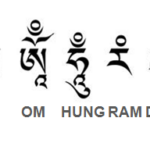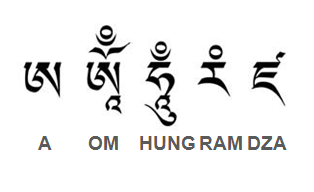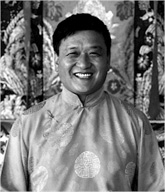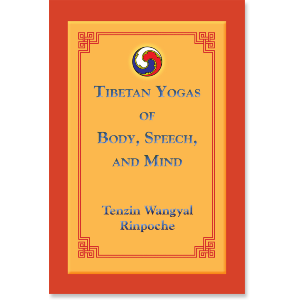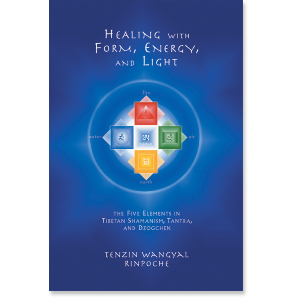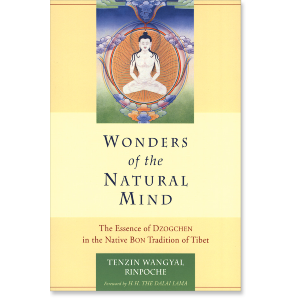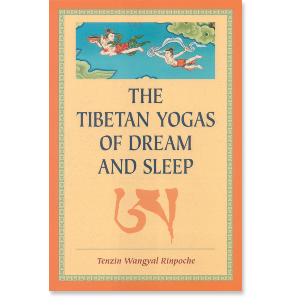| The following article is from the Winter, 2012 issue of the Snow Lion Newsletter and is for historical reference only. You can see this in context of the original newsletter here. |
"When I added the last sacred syllable, DZA, to my formal practice, both times I had a very powerful emotional release. Tears came flooding down my face, and I felt like a lot of the old trauma and pain that I was storing in my secret chakra was released!
"I continued to sound DZA as best I could to release all the stuck pain from the past as you instructed. It was a significant healing for me and I feel more free yet a bit vulnerable and raw.
"Feelings from my childhood that have plagued me for years were coming up, first issues around sexual and emotional abuse, then feelings of insecurity, not feeling good or worthy enough, not feeling heard or acknowledged, etc. Wow! A lot of stuff is coming up each time to be healed.
"As a child, I was very trusting and loving but some took advantage and abused that quality. Many would say I was just 'gullible.'
"Now as an adult I have more discernment at least. I want to be able to open my heart and share love without the fear of being hurt.
"Towards the end of my second formal session I started feeling more love coming in and tears more of joy in gratitude for this healing practice."
Question:
I am wondering if/how these practices could be used to heal an issue of chronic physical pain in my body. In other words, what would be the best way to go about using sound healing to work with physical pain ?
Rinpoche:
Normally when one has physical pain, one can either have a generally good attitude toward it, relating to the pain with some level of openness, lightness, and kindness; or one can relate with physical pain in a negative way, a critical way, a hateful way, thinking "Why me?"
This negative mental relationship to the pain can create even more physical pain as a result. So in that sense I recommend the same approach we are using with the practice:
Try to cultivate more openness in relation to the pain.
Physical pain needs the help of positive attention and loving kindness in order for it to heal. This kind of positive attention might not remove chronic physical pain completely, but by improving your relation to it, it might actually help to minimize it.

